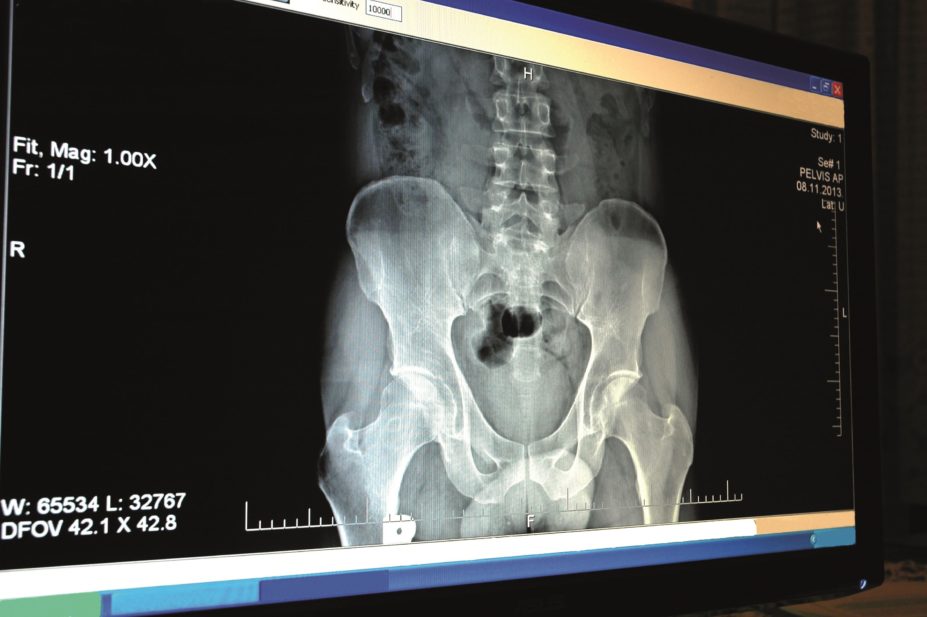
Shutterstock.com
The rising numbers of people taking up the recommendations of calcium and vitamin D supplements to prevent and treat osteoporosis may be doing themselves more harm than good, according to an analysis in The
BMJ
[1]
published on 21 July 2015.
A complex network of associations between advocacy groups, academia and industry has led to the promotion of the supplements and the vested interests of these parties could make changes to guidance difficult, the authors argue.
Over the past couple of decades, recommending calcium and vitamin D supplementation has become routine, despite increasing evidence that it is not beneficial. Clinical trials published since 2002 have cast doubt on the efficacy of the supplements, and have even shown that they can cause problems such as cardiovascular issues, kidney stones, stroke, falls and fractures.
The calcium and vitamin D supplementation market is huge, from the supplements themselves and enriched foods to assays and tests. According to the research, the supplements industry is closely tied in with many advocacy organisations, such as the US’s National Osteoporosis Foundation and International Osteoporosis Foundation, through funding, as well as sponsoring presentations at conferences and academic research projects that support dietary interventions.
This creates a complicated set of interactions, and means that advocacy organisations may be reluctant to change their positions based on the evidence. It also means that healthcare professionals will continue to recommend supplements, potentially worsening outcomes and increasing costs for patients and the healthcare system, the authors say.
The authors suggest that improving transparency would help, but that advocacy organisations should be encouraged to reduce or even cut their links with the supplements industry, and academics and healthcare professionals should have to declare any payments from food and supplements companies, in the same way as they have to declare any connections with biopharmaceutical companies.
References
[1] Grey A & Bolland M. Web of industry, advocacy, and academia in the management of osteoporosis. BMJ 2015;351:h3170. doi: 10.1136/bmj.h3170.


